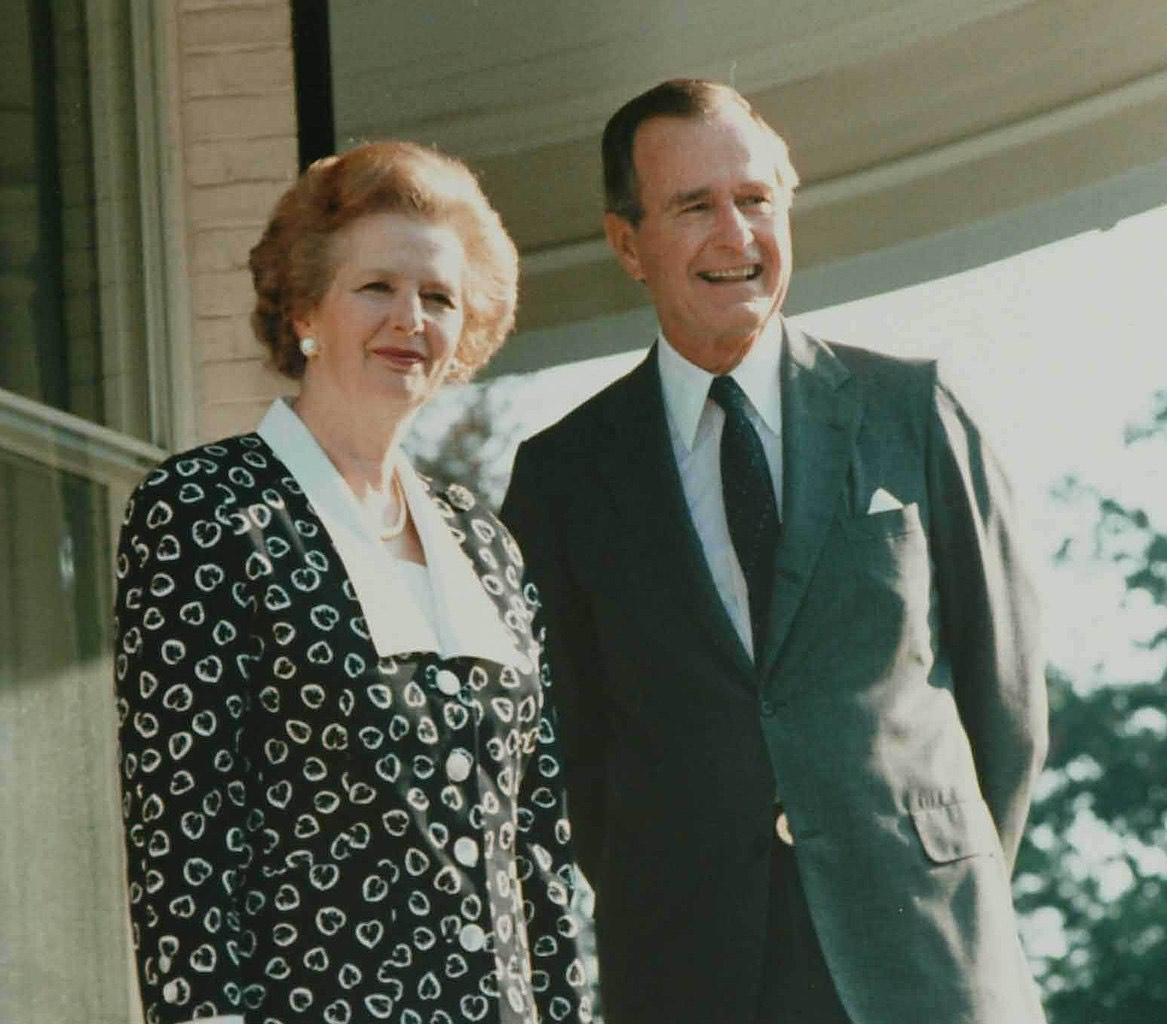Protest, passivity and punk: Thatcher’s legacy on the music scene
This week marks seven years since the death of Margaret Thatcher. Anyone alive during the premiership of this country’s first female Prime Minister has an opinion on her leadership, especially those living after it. Her legacy is so profound that still today she is an incredibly divisive figure.
Thatcher’s impact extends much wider than her socio-economic policies, which included the introduction of monetarism, closure of mining industries all over the UK, and mass privatisation of public services: another, lesser-known area that Thatcher had a great deal of influence over is the music scene that came out of and after her reign.
Many took to music to express their discontent at the devastating impact Thatcher’s laws had on individuals and communities. In many ways, she became the “villain” that was necessary for the emergence of such an anarchist, rejectionist punk movement. It birthed a subculture of youth donned in leather from head to toe, dog collars, chains and spiky hairstyles to challenge the consumerism and conformity of their parents’ generation.
“Do you remember the good old days before the ghost town?” became more than just a song lyric for millions across the nation
Musical groups used their platform to protest the impact of her policies on different communities. Ska band The Specials released their classic hit ‘Ghost Town’ after seeing the high levels of unemployment in towns and cities across the UK, specifically after seeing an old woman selling her things in Glasgow in order to keep off the breadline. “Do you remember the good old days before the ghost town?” became more than just a song lyric for millions across the nation.
Not everyone was as subtle in their distaste for Thatcherism. Along with bands like The Specials came a more outspoken show defiance of from the British music scene. The Red Wedge was a group formed of musicians and artists from across their UK with the sole aim of re-electing Labour into power, touring across the UK featuring a variety of musicians, such as Kirsty MacColl, Madness, The Beat and Elvis Costello.
yuppie culture: a subculture also birthed out of Thatcher’s economic policies, but instead formed of those who profited from it
Red Wedge most famously included Billy Bragg – a folk and punk singer with a history of left-wing activism. Bragg was inspired by a rich culture of protest in the music industry after first seeing The Clash perform at the Rock Against Racism parade in 1978. His most recognisably anti-Thatcherite song, entitled ‘Between the Wars’, features the lyrics “I’ll give my consent to any government that does not deny a man a living wage”: lyrics that easily could have been sung today.
But in those regions not as heavily hit by the Thatcher effect, particularly in the South, artists instead turned to embrace the aspirational ideas of yuppie culture: a subculture also birthed out of Thatcher’s economic policies, but instead formed of those who profited from it- young adults making big money in London’s Square Mile. As music critic Stuart Maconi argues – “In London, and the South….it had the effect of producing a kind of apolitical response” with the New Romantics emerging as a counter-movement. While they admittedly did not intend this to be the message of their track, Spandau Ballet’s ‘Gold’ is a perfect example of this.
Many of the songs that artists wrote to challenge her policies are now decade staples, without being known as protest tracks
It’s staggering to see how wide-reaching the impact of Thatcher on music was. Like no other politician before her, and certainly none other since, her policies birthed entire genres and formed many different sub-cultures of protest music, especially during the Miner’s Strike. The music industry had no choice but to respond to the seismic changes made to Britain, becoming a tool of mobilisation for political groups like Red Wedge as a result. However, what is most interesting is the music that came out of the yuppie culture of the growing cities – it shows just how much music is affected by society and its changes.
Some might question why, despite discontent at the Conservative Party over Brexit and austerity, we haven’t seen an emergence of groups like Red Wedge in recent years. I believe we have. Leading up the 2019 general election, we saw the #Grime4Corbyn movement with artists like Stormzy and Professor Green taking to social media to share their solidarity with the Labour Party. Artists are less likely to take too touring or special concerts to express political discontent now, but in some form, protest music still exists.
There’s something long-lasting about the music that came out of the 1980s. Thatcher’s legacy on society is still felt today, along with her influence on the music industry. Many of the songs that artists wrote to challenge her policies are now decade staples, without being known as protest tracks. Like her policies, many of the issues that musicians are writing about today are related to the continuing legacy of Thatcher – austerity, individualism- and in the defiant spirit of the music that was produced during her reign.

Comments